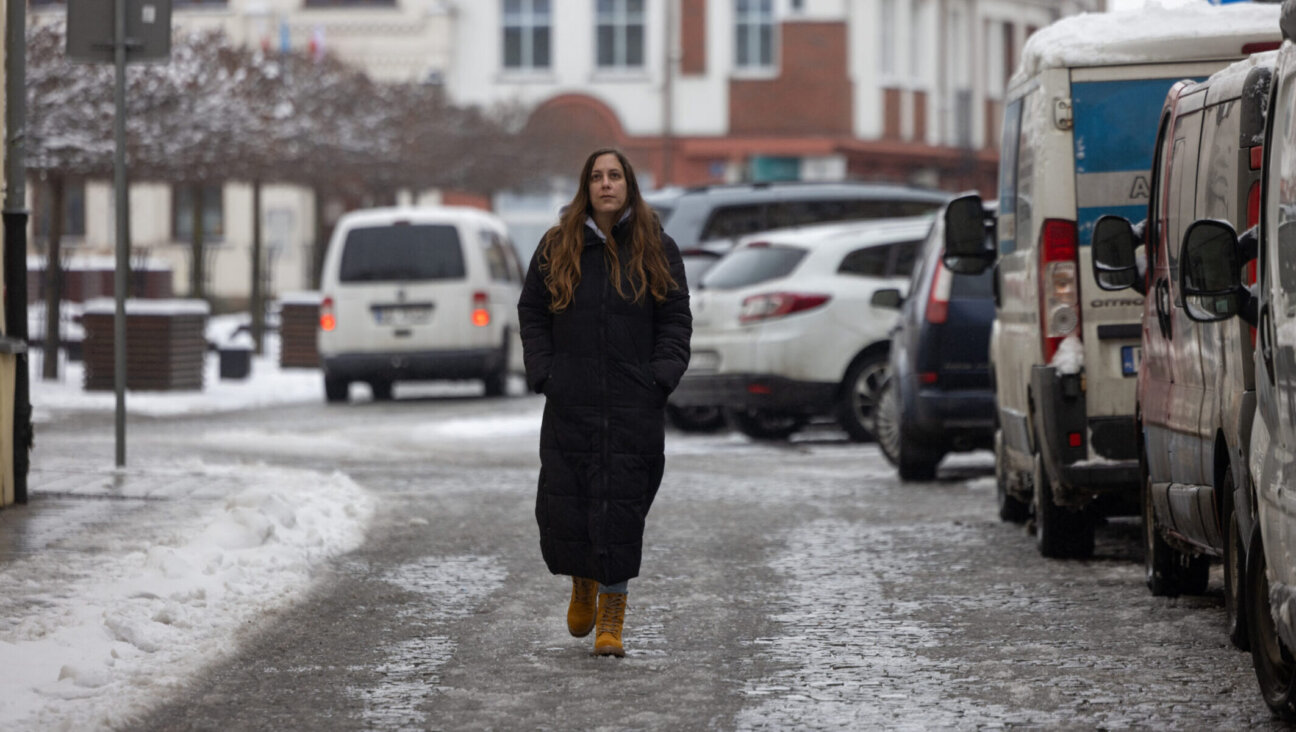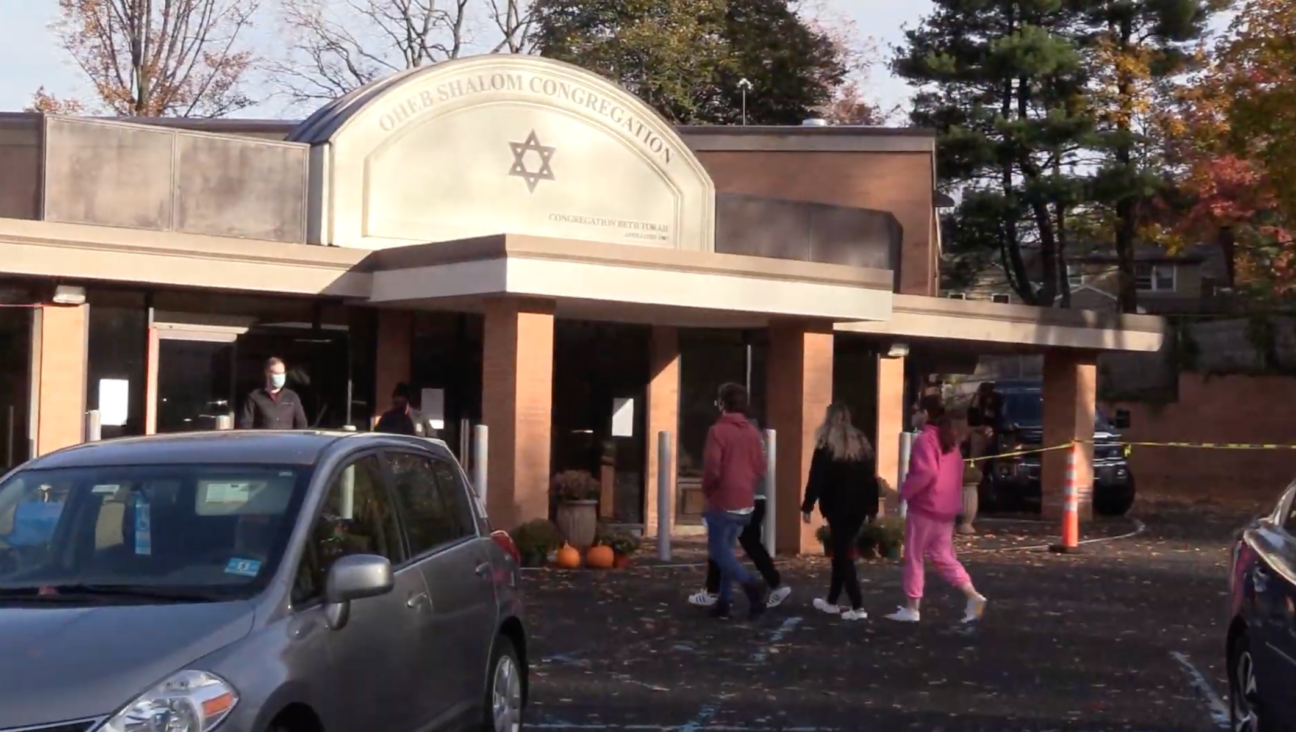Reform Camp’s Sale Irks Alumni
When Amy Miller, a California native who spent 16 summers at a Reform summer camp nestled in the Redwoods, heard that Bay Area Jews were angling to transform the defunct camp into a Jewish retreat center, she was elated.
Then, last winter, the Reform movement killed her joy when it announced that it had plans to sell the property to a Methodist group. Miller, 30, is among a growing group of Camp Swig alumni who are outraged by the Reform movement’s decision to sell the 185-acre property to a non-Jewish group, even as a Jewish group offered to buy it for $5 million. The Union for Reform Judaism, which now operates two camps on the West Coast, instead accepted a $6 million bid from a Methodist group. The URJ declined to name the Christian group, pending the property’s sale.
On April 6, more than 800 alumni gathered at the 55-year-old camp in Saratoga, Calif., for a tearful closing ceremony. The camp’s sale to the Methodist group, which reportedly has plans to turn it into a Christian retreat center, will be finalized pending the completion of “due diligence” on the property. That process is expected to wrap up at the end of this month.
At the center of the controversy is the Jo Naymark Holocaust Memorial Chapel, a decades-old structure that sits on the property, modeled after a pre-Holocaust Eastern European synagogue and adorned with original metalwork. Bay Area rabbis and Swig alumni are raising hackles that a Jewish organization would sell a parcel of land that is home to a Holocaust memorial.
“The whole camp is really a memorial to the Holocaust, and you can’t re-create that,” Miller said. “We’ve had so many holy places destroyed in our community. This shouldn’t have to happen.”
A spokesman for the URJ, Donald Cohen-Cutler, said that the artifacts and ritual items from the chapel have been transported to Camp Newman, a neighboring Reform camp that has been in operation since 1997. Ultimately, Cohen-Cutler said, a new Holocaust memorial will be built at Camp Newman, featuring the recovered artifacts from Swig.
The URJ first floated the idea of selling the camp back in 1998, but the effort took on greater speed when Swig closed its doors in 2003, following a 2002 fire that would have required repairs stretching into the millions. Since that time, Bay Area rabbis — and now, camp alumni who have joined forces with them — have been seeking to build a Jewish retreat center, known these days as “HaMakom,” on the Swig site. When it went on the market in 2007, they found an anonymous donor who offered $5 million. But the URJ, citing fiduciary responsibility, said that it would sell to the highest bidder.
“The hope for that property was that it would go for the highest possible value, so that the union could keep up its fiduciary responsibility to campers and parents who utilize URJ camping on the West Coast,” Cohen-Cutler said.
Despite the URJ’s promise that proceeds from the sale will ultimately benefit West Coast Reform camping, activists from HaMakom are still perplexed by the decision.
“Why, for $1 million of short-term benefit,” asked Steve Krause, a 38-year-old camp alumnus and HaMakom supporter, “would you sell the Jewish community in the Bay Area short for generations to come?”
-Rebecca Spence
A message from our Publisher & CEO Rachel Fishman Feddersen

I hope you appreciated this article. Before you go, I’d like to ask you to please support the Forward’s award-winning, nonprofit journalism so that we can be prepared for whatever news 2025 brings.
At a time when other newsrooms are closing or cutting back, the Forward has removed its paywall and invested additional resources to report on the ground from Israel and around the U.S. on the impact of the war, rising antisemitism and polarized discourse.
Readers like you make it all possible. Support our work by becoming a Forward Member and connect with our journalism and your community.
— Rachel Fishman Feddersen, Publisher and CEO























